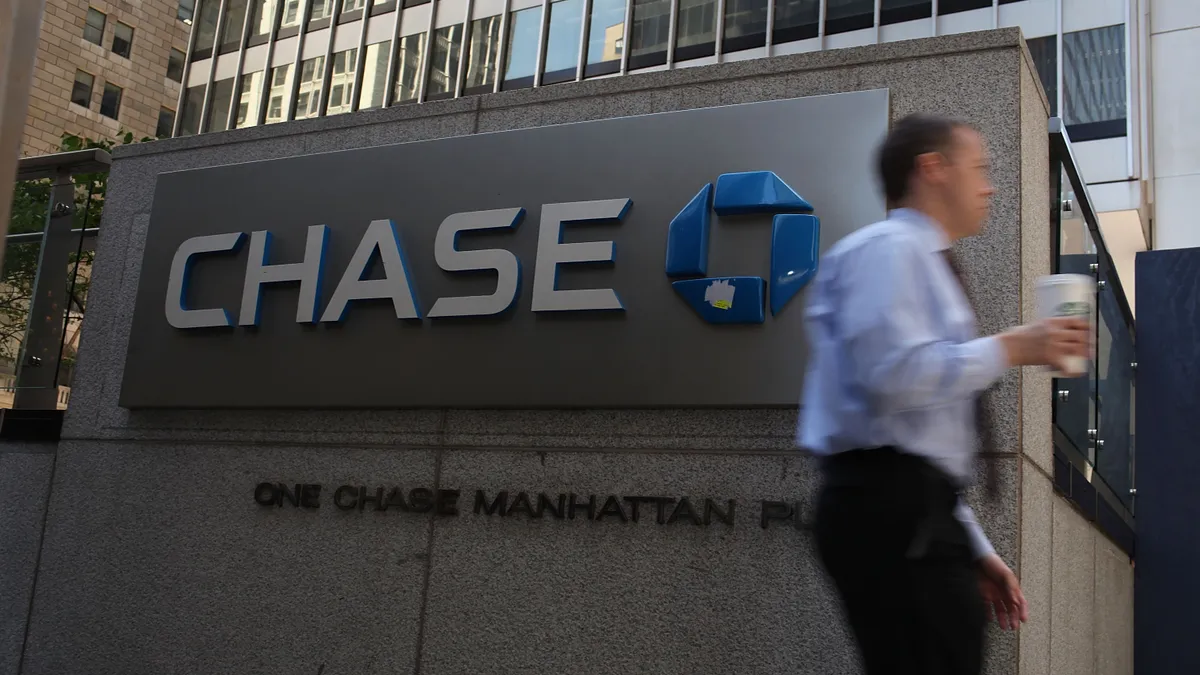JPMorgan Chase is taking legal action against customers who exploited a viral technical glitch that the bank says resulted in check fraud, court documents show.
The glitch, discovered and promoted by TikTok users in late August, allowed customers to deposit outsize checks in ATMs and promptly withdraw funds before the checks cleared.
Customers accessed thousands of dollars they didn’t actually have through the error — and Monday, Chase filed four nearly identical lawsuits against customers who cumulatively kept more than $660,000 from the scheme.
In Texas, the bank is suing Timipah Ikemi after a masked man allegedly deposited a fraudulent $335,000 check into his account at an ATM in late August. Ikemi began withdrawing the ill-gotten funds immediately and, according to the bank, has retained $290,939.49 from that deposit.
In California, defendant Micah Reed allegedly owes the bank $90,794.02 after depositing two fraudulent checks into his account at an ATM and withdrawing much of the money deposited before the check bounced.
And in Florida, two businesses named Riskboss Musiq and In and Out Appliances allegedly owe the bank $141,295.84 and $138,680.91, respectively, after failing to return funds withdrawn following fraudulent check deposits.
The defendants could not be reached by Bloomberg Law or Reuters.
A Chase spokesperson last month said the bank had been made aware of the “glitch” and that “[r]egardless of what you see online, depositing a fraudulent check and withdrawing the funds from your account is fraud, plain and simple.”
Mark Guthner, an associate professor of financial practice at Rutgers University, told Banking Dive at the time that “if they took the money out of the bank, the banking law is pretty clear that they committed fraud and they have to give the money back. Then it’s up to the bank to go chase the people down and take them to court.”
“[It’s] a criminal offense, subject to potential jail time and a fine. The people that did this are in trouble,” Guthner said.
In court documents, Chase’s attorneys wrote that the bank “prides itself on its efforts to protect its customers against fraudsters, particularly in an environment where bank and wirefraud are increasingly more commonplace.”
“While fraud methods have evolved over time, the core intent to exploit and deceive remains unchanged,” the lawsuits said.












